‘Hobbiton’ and other destinations drawn from pop culture
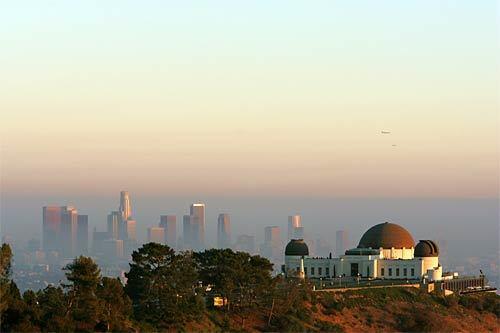
Griffith Park was the setting of James Dean’s knife fight scene in “Rebel Without a Cause,” the 1955 film that also starred Natalie Wood and Sal Mineo. The observatory opened in 1935 when the Griffith Trust, named for Col. Griffith Jenkins Griffith, transferred ownership of the observatory to the city of Los Angeles. The movie marked the first time a planetarium theater was used in a film. Today, a bust of Dean sits on the observatory lawn.
Admission to the observatory and grounds is free. There is a fee to see shows in the planetarium.
More info:
http://www.griffithobservatory.org
-- Jason La (Ricardo DeAratanha / Los Angeles Times)
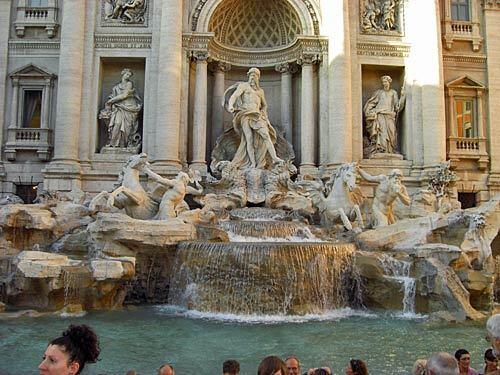
A classic example of Baroque art, Trevi Fountain is the setting of the iconic scene between Anita Ekberg and Marcello Mastroianni in Federico Felini’s 1960 “La Dolce Vita.” The fountain, a short walk from the Pantheon, is one of Rome’s top attractions.
Tradition holds that if you throw one coin in the fountain over your shoulder, you’ll return to Rome; two coins and you’ll find romance in Rome; three coins and you’ll marry in Rome.
More info:
Rooting up ancient Rome
Italy: At home in Rome
Budget travel in Rome
-- Jason La (Jason La / Los Angeles Times)

After his acquittal in 2005 on child molestation charges, Michael Jackson got away from it all in Bahrain. The island nation is home to about 720,000 residents. It was already a popular tourist destination in the Arab world, but it’s emerging as a destination for other international tourists as well.
More info:
http://www.bahraintourism.com
-- Jason La
Pictured: The fishing village of Malkiya (Hasan Jamali / Associated Press)
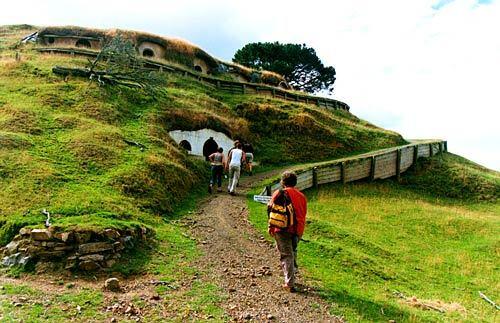
This island nation in the Pacific was the filming location for
New Zealand attractions include Tongariro National Park and Te Wahipounamu park, both UNESCO World Heritage sites.
More info:
http://www.newzealand.com/USA/
-- Jason La
Pictured: The remains of Hobbiton in Matamata (Tracy Lee Silveria / Los Angeles Times)
Advertisement
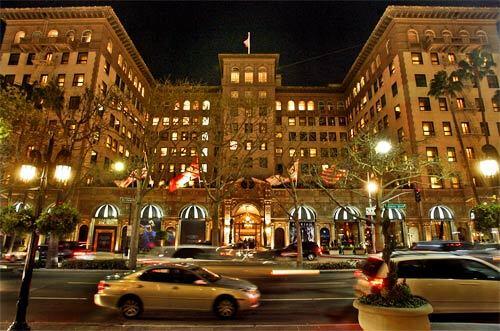
Steps from the pricey shops of Rodeo Drive, the Beverly Wilshire was showcased in 1990’s “Pretty Woman,” serving as the façade and lobby of the where hotel Julia Roberts and Richard Gere stayed. The e-shaped hotel, which is listed on the National Register of Historical Places, was completed in 1928.
Standard rates for a moderate room start at $445.
More info:
http://www.fourseasons.com/beverlywilshire
-- Jason La (Lawrence K. Ho / Los Angeles Times)
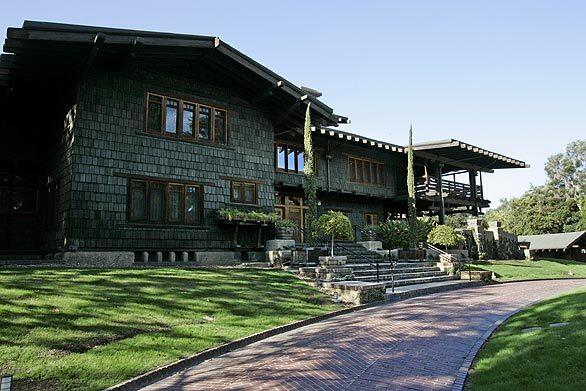
This National Historic Landmark served as Doc Brown’s 1955 home in the 1985 movie “Back to the Future,” starring Michael J. Fox as Marty McFly and Christopher Lloyd as Brown. The house, built in 1908 for David and Mary Gamble, the Gamble of
The city of Pasadena now owns the home, which is open for tours.
More info:
http://www.gamblehouse.org
-- Jason La (Ann Cusack / Los Angeles Times)
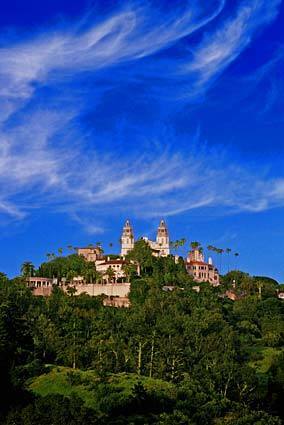
American newspaper mogul William Randolph Hearst began building Hearst Castle on 240,000 acres in 1919. Film actress Marion Davies was Hearst’s constant companion, despite his marriage to Millicent Willson. Hearst and Davies were well-known in Hollywood for their lavish parties at Hearst Castle and Davies’ Beach House in Santa Monica.
Hearst Castle is open to the public. Tours start at $24 for adults and $12 for children.
More info:
http://www.hearstcastle.org
-- Kelsey Ramos (Craig Aurness / Los Angeles Times)
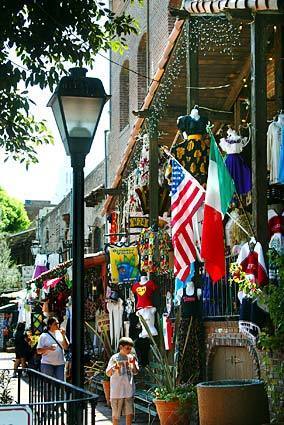
In 1921, Charlie Chaplin filmed the classic silent picture “The Kid” on Olvera Street, a historic Los Angeles landmark that was little more than an alleyway behind Main Street at the time. The street was transformed to a Mexican marketplace in 1930.
More info:
http://www.olvera-street.com
-- Kelsey Ramos (Ken Hively / Los Angeles Times)



